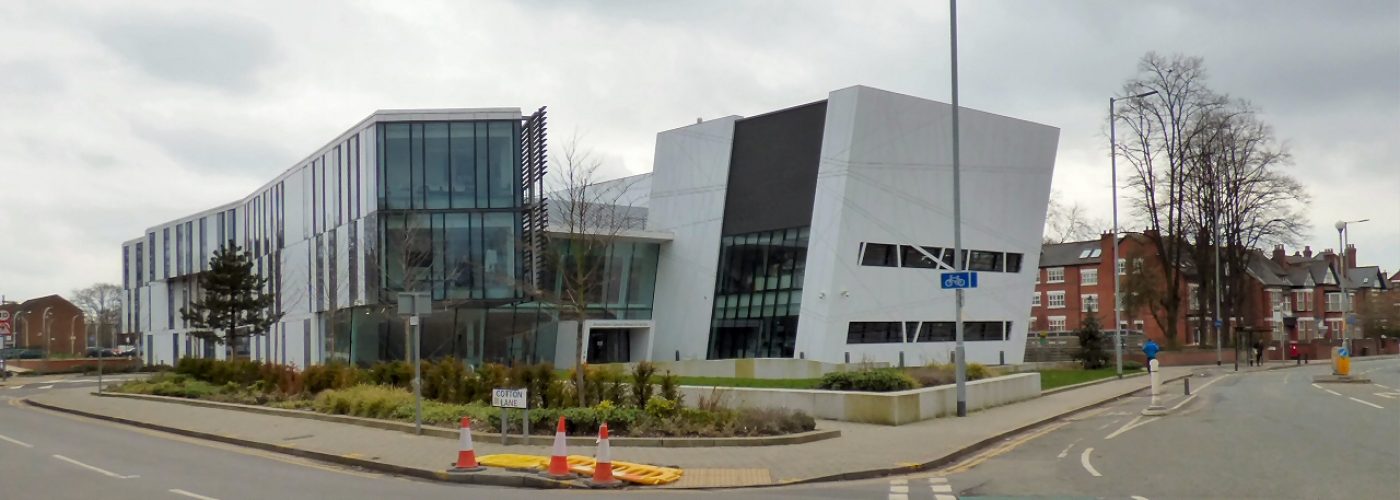The Christie in Manchester has seen the UK’s first NHS high-energy Proton Beam Therapy (PBT) Centre. The state of the art technology uses an advanced form of radiotherapy for the treatment of complex and hard-to-treat cancers in children and adults.
Selected by the Department of Health as one of the two providers of the service, together with University College London Hospitals NHS Foundation Trust, The Christie chose to deliver the construction phase through the Procure 21 framework. It worked in partnership with Interserve.
“We are delighted to be able to offer this life changing treatment to patients. The delivery of this facility has been one of the most complex and precise projects within the NHS. We identified very early in the project that we needed a construction partner that could work alongside our team. The partnership approach integrated with Interserve’s technical expertise and energy to solve problems is one of the key reasons we completed on time,” said Jason Dawson, Director of Capital, Estates and Facilities of The Christie NHS Foundation Trust.
Providing 4 treatment rooms, a patient reception, consultation rooms and public space, the five storey building is designed to be future proof with additional space for the Trust to grow into.
As PBT uses a high-energy beam of protons rather than high-energy X-rays to deliver a dose of radiotherapy, the building’s concrete walls had to be up to six metres thick. The building incorporates 20,000 m³ of concrete and 1,700 tonnes of reinforcement, including steel bars up to 100mm diameter. Through this, 10 km of services pipework has been carefully threaded. The concrete itself weighs 48,000 tonnes, the equivalent of two aircraft carriers.
In order to meet the building’s demanding energy needs, a new substation has been built, providing an equivalent amount of power to that needed to run the nearby Trafford Industrial Park.
Starting with this autumn, the building will begin treating patients and, once fully operational, it will treat around 750 people a year.





